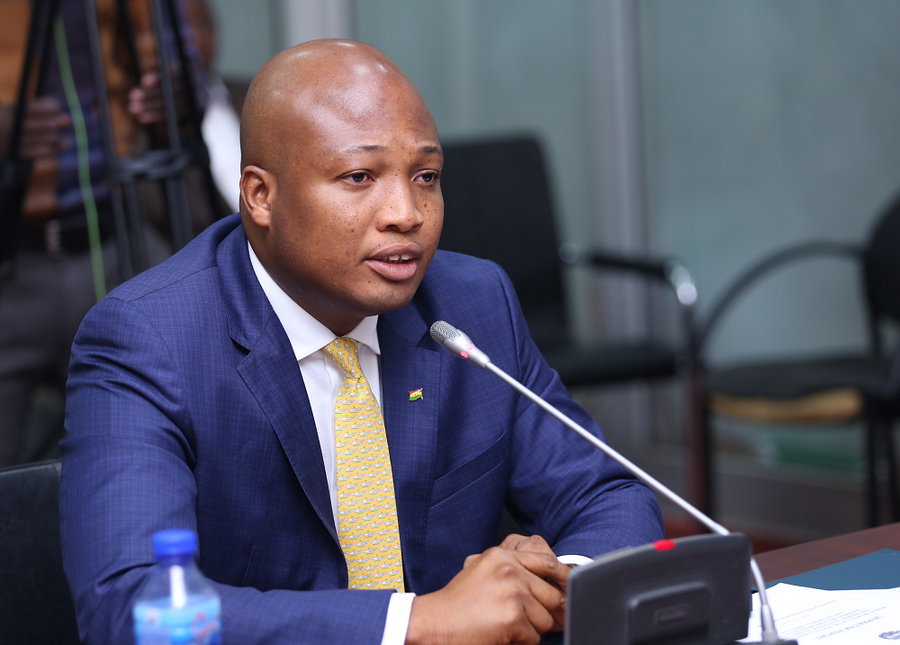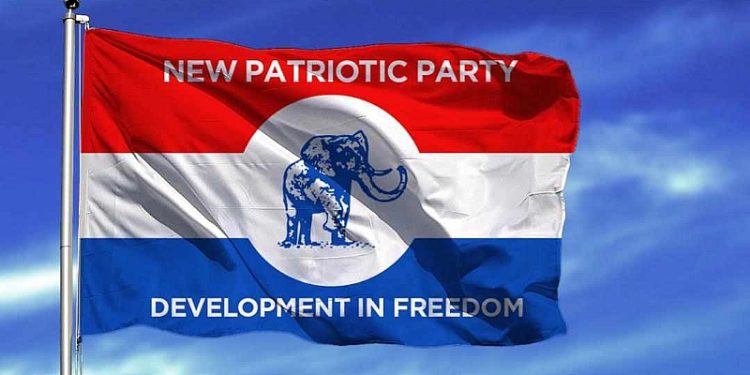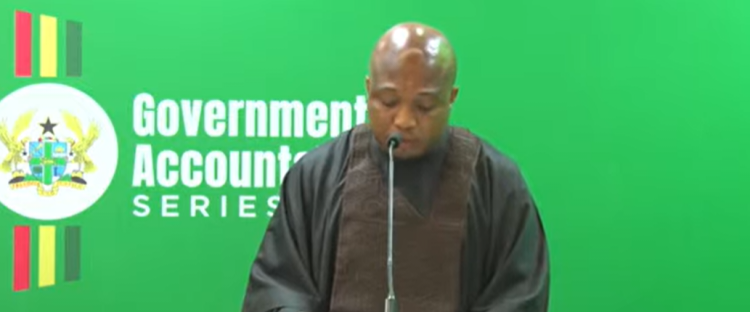Foreign Affairs Minister, Samuel Okudzeto Ablakwa, said Monday that approximately 8,000 Ghanaians displaced by a land dispute in the country's Gbinyiri region have returned home, while 5,309 remain in neighboring Côte d’Ivoire—down sharply from the initial estimate of 13,253.
Speaking at the Government Accountability Series in Accra, Mr. Ablakwa said the latest headcount marks significant progress in repatriation efforts following months of displacement triggered by violent clashes in the Upper West region.
"During my visit, I discovered that about 8,000 Ghanaians have safely returned home. The latest census conducted reveals that the remaining number of Ghanaians in Côte d’Ivoire is 5,309—no more 13,253,” Mr. Ablakwa said.
The conflict, which erupted earlier this year over a protracted land dispute in Gbinyiri, forced thousands of residents to flee across the border, many settling in temporary camps in northern Côte d’Ivoire. The majority of those displaced were women and children, government officials said.
During a recent diplomatic visit to Côte d’Ivoire, Mr. Ablakwa delivered a message from President John Mahama, appealing for peace and reconciliation and encouraging voluntary return, amid renewed government security efforts in the affected areas.
“I delivered a special message from President Mahama—a message of peace and forgiveness, and a message appealing to all our compatriots to return home since government has beefed up security and ensured that normalcy is restored,” Mr. Ablakwa said.
As part of the visit, the Foreign Minister announced a CFA 6 million (approximately $9,800) donation to support immediate humanitarian needs, including transportation and essential supplies. The contribution, he said, is in addition to relief aid already distributed through the National Disaster Management Organization (NADMO), which has provided food, potable water, blankets and medical supplies.
Government officials continue to pursue long-term mediation and peacebuilding efforts in the Gbinyiri region, aiming to prevent further violence and enable a full return to normal life.
The Ministry of Interior, along with regional security agencies, has increased its presence in the conflict zone to maintain stability and ensure the safe reintegration of returnees.













